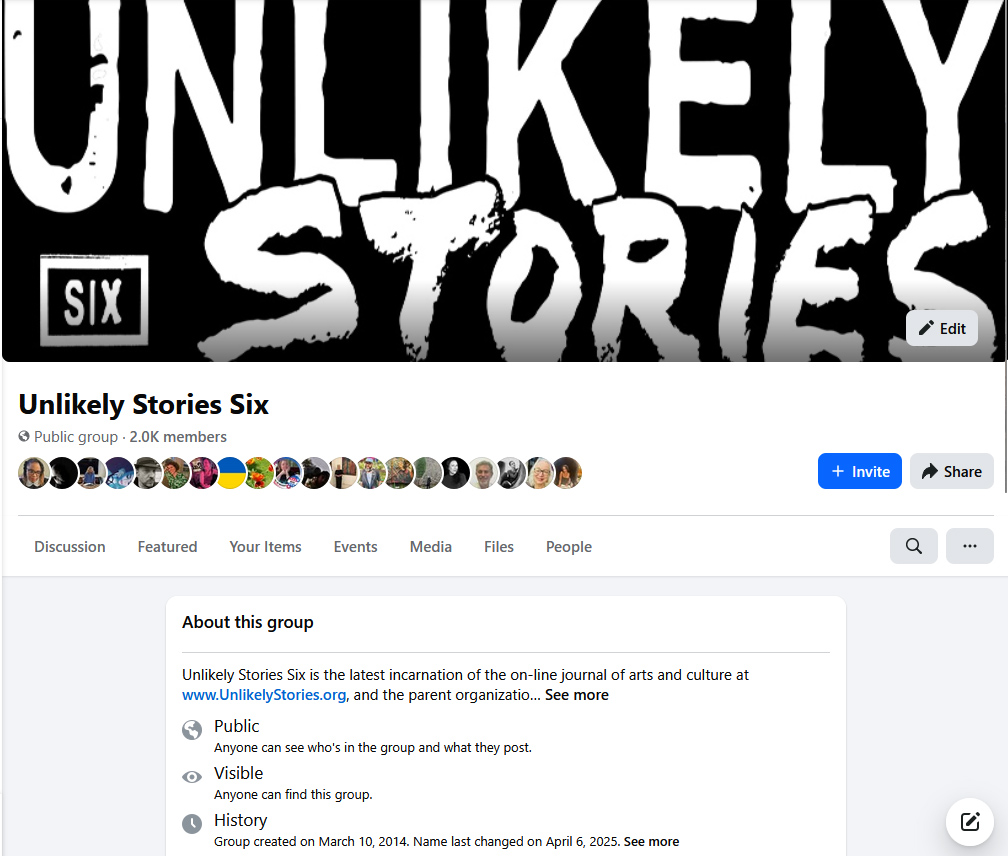by Regina Rheda
As soon as she closed the bathroom door, Douglas pointed at a locked built-in drawer under the couch. “I knew they’d be in here the minute I got into this place! What if I were a cop?”
“No worries. They’ll be gone pretty soon. Especially if you help me distribute them incognito in the factory,” Joel said, unlocking the drawer and revealing, under some t-shirts and handkerchiefs, a stack of pamphlets. He took out two, locked the drawer and sat next to Douglas. They reviewed their pamphlets in silence.
Back from the bathroom, Leona sat on Joel’s lap. The pamphlet’s words in larger font caught her eye. She read them aloud and slowly, testing how they felt.
“Down with oppression. Down with the dictatorship.”
The men merrily clapped their hands and kissed her cheeks. Douglas celebrated, “A political protester is born!”
Leona read the same words again. “What does this mean?”
Douglas spoke in a low voice to Joel, “I got this.” Joel reminded him, “She’s just six, for crying out loud!”
Douglas stated, “Those are called slogans. They mean that we’re fed up with powerful people who are bullies and force things on us that are bad for us.”
“Like when mom forces me to drink cod liver oil that makes me want to puke,” Leona said.
“Sort of. Yes.”
“And like when mom forces me to go to Mass and I feel bored and sad.”
“Or like when bosses and politicians force us to work too hard and to live in poverty, and then forbid us to complain about it,” Joel added.
“And like when Miss Norma slaps a student on the arm because he has bad grades, and then he cries because he’s embarrassed and the slapping really hurts,” Leona said, recalling a disturbing episode in class.
Douglas went on, “When we want to show that we’re angry, we make big signs with those slogans written on them, and then we gather by the thousands in the streets to march and chant the slogans. Like this. Watch.”
He and Joel started to march across the hair salon, holding up their pamphlets as if they were protest signs, and chanting repeatedly, “Down with oppression! Down with the dictatorship!”
Leona didn’t have a pamphlet, so she grabbed, from a shelf, a picture of a heavily made-up model wearing an extremely high beehive, and held it up, joining the two men.
“Down with oppression! Down with the dictatorship!” they chanted away, striding back and forth.
After playing protest for several minutes, Leona said she needed to rest. Joel tuned the radio to the news and sat down next to Douglas, who was flipping through hair magazines. Their laps formed an inviting mattress on which Leona unceremoniously lay down to take a quick nap. The radio blared the top international news. “American congressmen and the military intensify calls for an open and greater involvement on the part of the United States government in the Vietnam War, now in its ninth year. The FBI emphatically denies widespread rumors that the assassination of President John Kennedy last year was the work of the CIA.”
The evening was setting in. Susi would soon be home, so the trio perked up and made sure the hair salon was as clean as when they had found it, with every item back in place. Douglas meticulously removed the multicolored nail polish from Leona’s nails. There was a lot of hugging. Douglas said good-bye and headed for the bus stop, leaving a pale, anemic rest of Sunday behind.





Comments
Mary (not verified)
Add comment